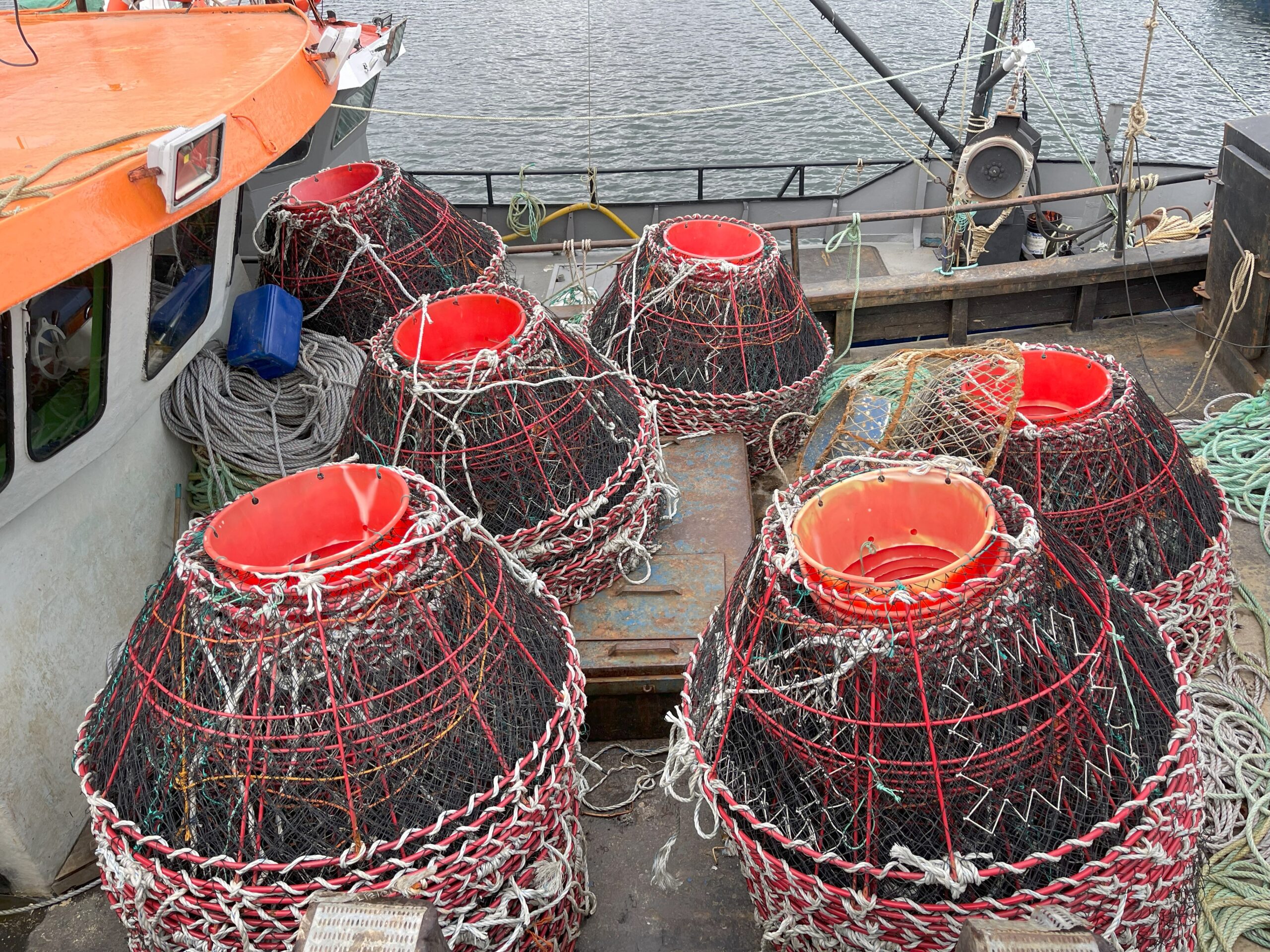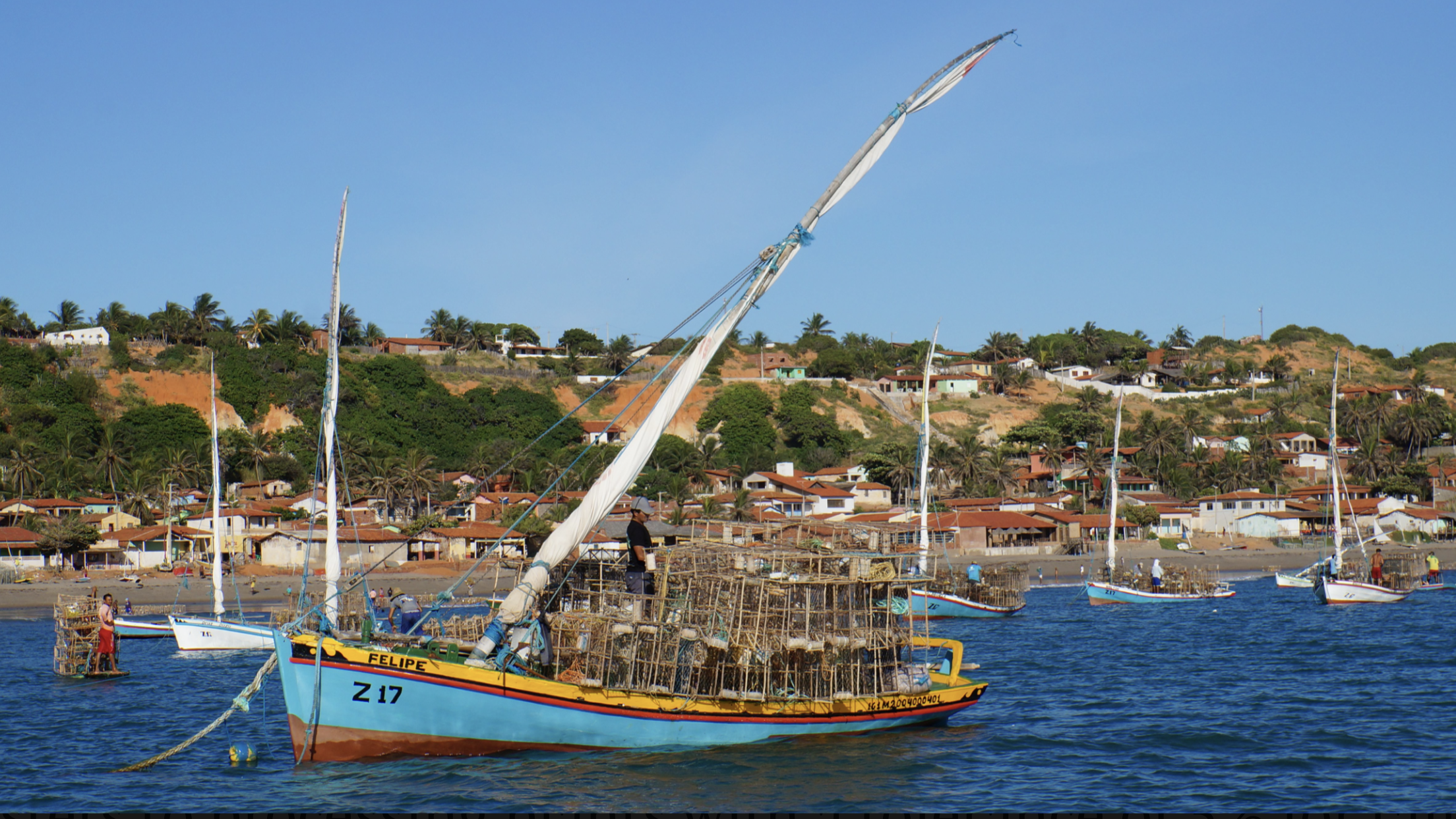100% of products supplied by Wild Oceans is wild caught.
Wild Oceans engages with partners that are committed to sustainable and environmentally friendly practices.
Fishing and production play a key role in supporting local communities, providing employment and economic stability for generations of families.
That’s why we are committed to working closely with our partners and fishing communities to continuously improve fishing practices and ensure long-term industry viability.
It is our priority that our partners implement management strategies which are responsive to environmental and socio-economic changes. These strategies ensure capture and landings are strictly controlled in support of the environment, sustainability and species protection, whilst considering the entire ecosystem.
We also support a range of initiatives and programs such as:


